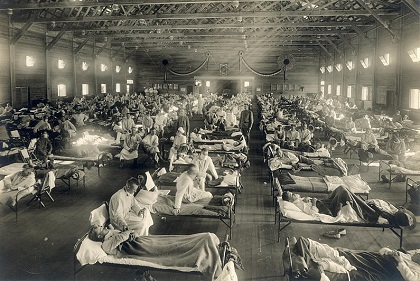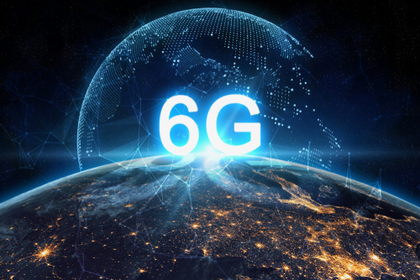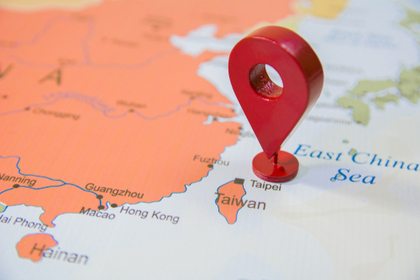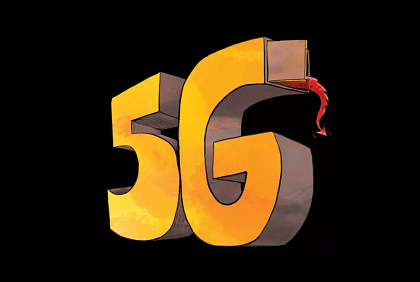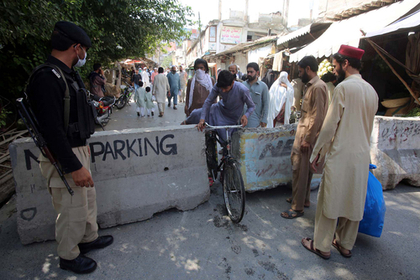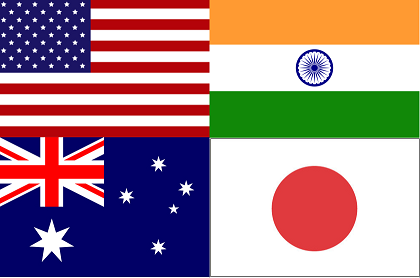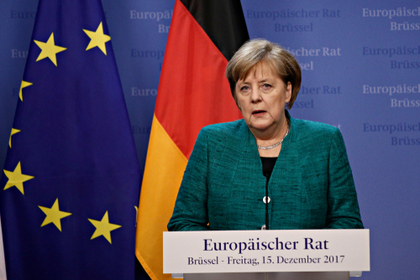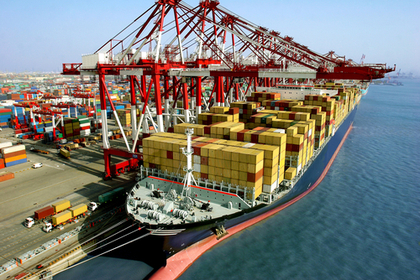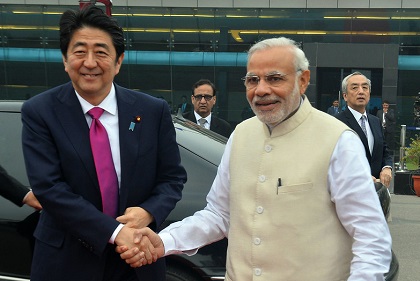The 1918 ‘flu: India’s worst pandemic
The 20th century’s worst pandemic – Spanish Flu – erupted in March 1918 in Camp Funston (Kansas, U.S.) during the Great War. Much like Covid-19 it spread globally at an astonishing pace. Its Second Autumnal Wave took about 30 million lives in four months, half of those in India. It’s sheer virulence and high mortality makes this virus the correct analogy for Covid-19

